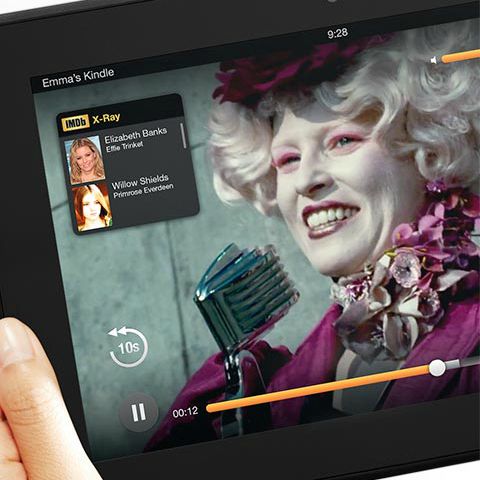
Kindle Fire HD is bad for Android, worse for iPad
Google is in a tough spot. Apple suddenly looks like an ally now that Amazon has unveiled Kindle Fire HD. Both companies stand to lose big time should the tablet achieve any meaningful sales success. Google Play doesn't offer strong enough ecosystem to battle with either iPad or Kindle Fire, but Amazon's tablet is more likely to scorch Android's earth. Amazon's vertical integration -- store, software and services -- is tight, as good as Apple's and in many respects superior. No matter which wins, Android loses.
Here's the problem: Only Amazon has done any meaningful Android customization on tablets, creating a curated experience similar to Apple's. Like iOS, Amazon Android is tightly vertically and horizontally integrated with siloed services. Kindle Fire is designed to mainly work within the Amazon content/retail sphere and little outside it. Amazon runs its own stores -- everything from apps to movies -- while shunning Google Play. Meanwhile, Kindle Fire supports the custom Silk browser rather than the stock Android one or Chrome. Amazon Android is a competing platform/ecosystem within the larger, more open one Google champions. (The original Kindle Fire is customized Gingerbread and new HD models customized Ice Cream Sandwich.)

Samsung is dateless and desperate on prom night
A soap opera. That's how I would describe this week's revelation that Samsung is cozying up to Microsoft and the forthcoming Windows Phone 8. Still stinging from its recent court loss to Apple, the South Korean juggernaut appears to be hedging its Android bets by embracing one of the two remaining underdogs in the mobile OS race (the other being Research in Motion).
No matter how you slice it, Samsung's executives are running scared. And who can blame them? Apple will do whatever it takes to crush the little green man from Mountain View (it's a Jobsian legacy thing). And the fact that its chief hardware rival is getting squeezed in the process is simply gravy.

Amazon Appstore finally launches in Europe
Amazon Appstore, the retail giant's marketplace for Android applications, has finally opened for business in the United Kingdom, France, Germany, Italy and Spain, a whopping 17 months after it first launched in the US.
Jim Adkins, vice president of Amazon Appstore, says of the marketplace’s overseas expansion: "Customers in the US have purchased millions of apps, games, in-app items and subscriptions since the store launched last year, and we’ve received great feedback about discovery features like Free App of the Day. We evaluate and test games and apps before making them available in the Appstore so we ensure customers have a great experience with the games and apps they purchase. Amazon has spent years developing innovative features that help customers find and discover the products that are right for them and have applied that know-how to the Amazon Appstore. We’re delighted to extend that experience to our European customers".
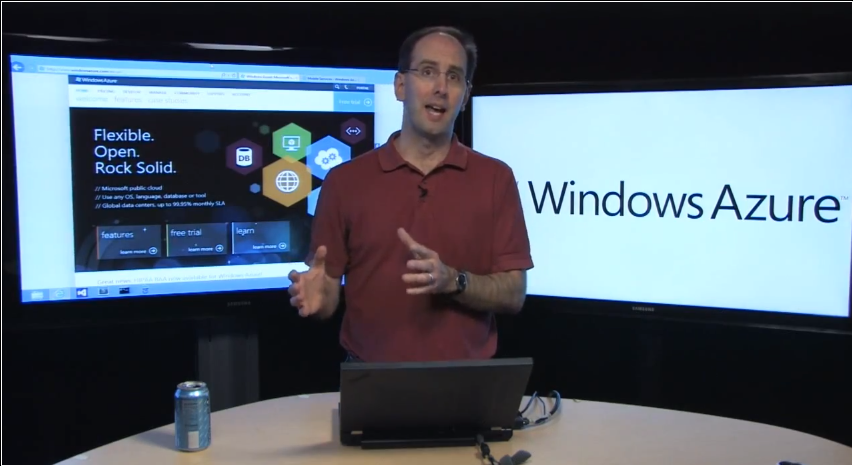
Microsoft opens Windows Azure Mobile Services public preview
Add this one to the Smart column. Earlier today, Microsoft unveiled Windows Azure Mobile Services, initially for Windows 8 apps, with support planned for Android, iOS and Windows Phone. The concept is a natural extension of Azure as development platform. Hey, why should Microsoft let Amazon and Google build out the infrastructure enabling the cloud-connected device era to trample the PC?
For now, the new service is available in a "public preview", during which time the first 10 Windows 8 apps are free. Developers who don't have an Azure account can create a 90-day free trial one.
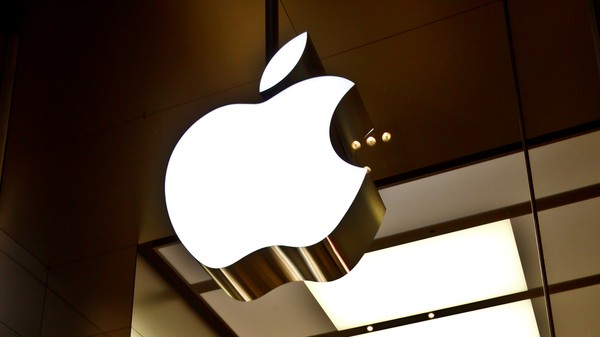
One rotten Apple spoiled my perfect post-PC pie
I can't win. Just when I think I've finally cooked-up the perfect post-PC computing recipe, along comes some killjoy to spoil all the fun. This time around it's Apple. The Cupertino goon squad is on a mission to stomp out all unauthorized uses of lowercase letter "i" (among other things), and my latest pet project -- moving my entire computing life to a non-PC device -- is about to fall victim to their litigious ways.
You see, I made the unforgivable decision to deviate from Apple's proscribed post-PC formula (i.e. iPhone/iPad) and instead embrace the ways of the rebel Android Army. After several weeks of tweaking and tuning, I've finally achieved a level of PC-independence I never thought possible. But given last week's Apple-Samsung jury decision, I fear it may have all been for naught. That's because the reverberations from such a landmark case will no doubt spread far beyond its principle defendant (you didn't really think this was about hardware, did you?) to strike at the very heart of Google's OS strategy.
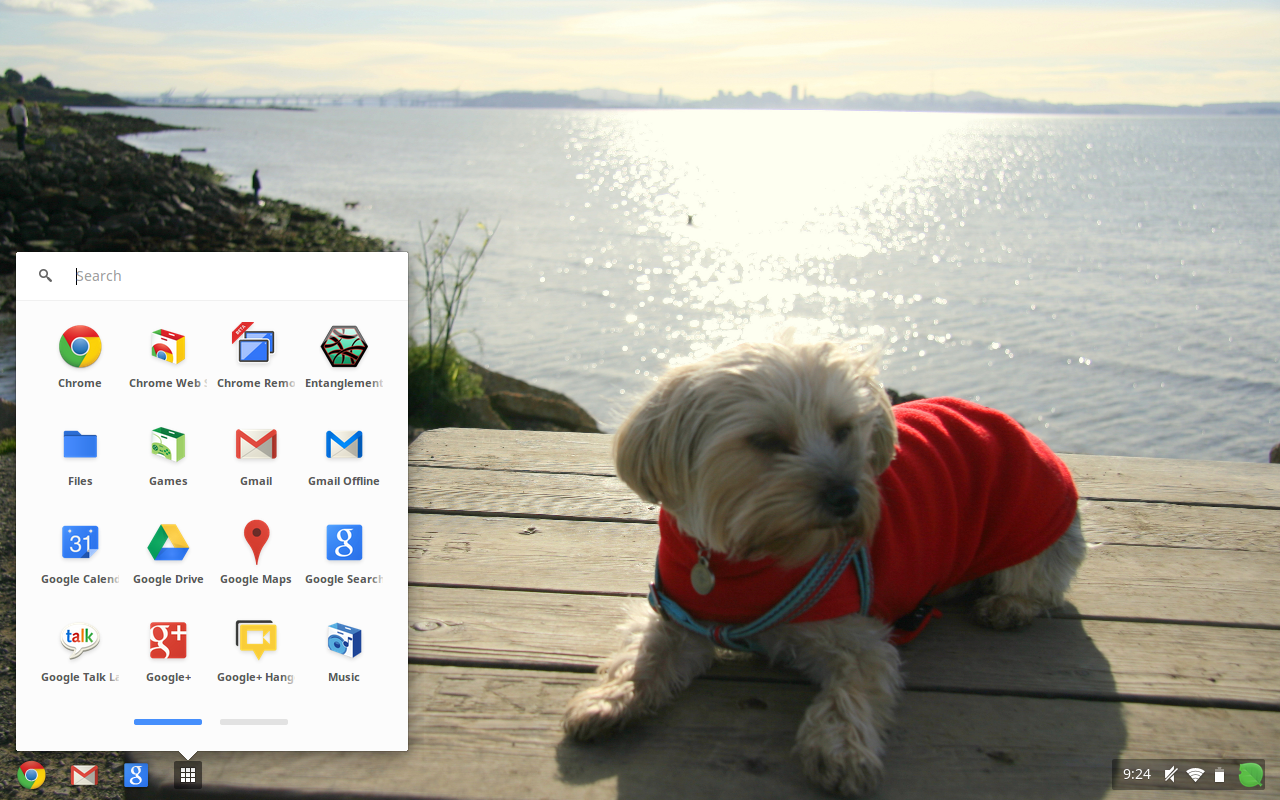
Windows 8 sports a spunky new UI, while Chrome OS gets an apps list
For the other three people using Chromebook, Google hasn't forgotten us. Whoo-hoo! The company continues to iterate Chrome OS, and with each rev takes it further from the cloud and closer to earth. I like my Chromebook, but even I shake my head and laugh at the amazing innovations. Well, they were in 1995.
Last year when first introduced to Chromebook, I worked solely in a browser. Now Chrome OS is this molten half-browser/cloud, half-desktop mutation -- like the two-headed creature from "The Thing". But the motifs are all ancient desktop OS, which is such a step back from the cloud-connected device era. Shouldn't Chrome OS move forward.

Laplink CEO: Windows 8 will ensure Microsoft's dominance in the enterprise
You can’t have failed to notice that Windows 8 is attracting a lot of negative press. Some commentators, such as myself, have said it will flop, others that it will be the new Vista.
But not everyone thinks the updated operating system is a disaster. Thomas Koll, CEO of Laplink, is actually pretty positive about Windows 8's chances, and took the time to sit down with me and share his views about that and other topics, including flat PC sales, Microsoft Surface and tablet adoption in the enterprise.
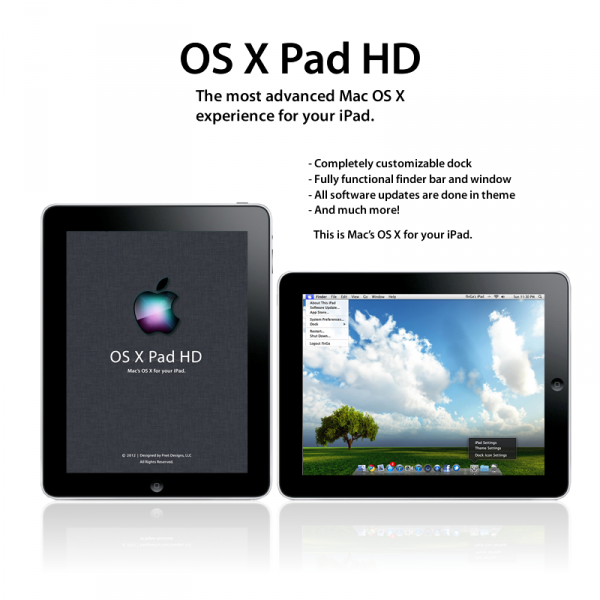
Turn your iPad into a Mac tablet
If Surface is the hit Microsoft hopes it will be, there’s the possibility that Apple might follow suit with an OS X powered MacPad at some point in the future (well, we can hope, can’t we?). The good news is you don’t actually have to wait for Apple, before trying out OS X on a tablet, you just need OS X Pad HD.
The advanced theme from Fnet Designs transforms your iPad into a Mac tablet with a fully functional Finder bar, and lets you add apps to the dock and change its style to match any of the 70 available wallpapers (or your own), create sidebar folders for Finder windows, and access settings and customization options through the System Preferences Menu. All software updates are applied directly through the theme.

Stop the real SaaS -- software as a sponge -- and give me back my hardware, please
The Commodore 64 celebrates its thirtieth birthday this month. That’s 64 kilobytes for around $600. A massive amount of RAM at the time. And for another $600 you could buy a 5.25-inch floppy disk drive, which could store 170kB on a disk. Programs loaded completely into RAM so that you could remove the program disk from the drive and insert another one to store data. Where can you get a word processor or database that will run in 64k now? Yes, of course we’re routinely doing things now that were only distant dreams back then. But I began my computing experience running my business on just such a Commodore 64.
By 1986 mass market PC clones featured a colossal 512k of RAM and a 4.77MHz processor. But although that was a massive step forward, in no time you needed to upgrade to 640k RAM, and then find ways of using the extended memory registers between 640k and 1MB. In 1990, Windows 3.0 needed 7MB of disk space -- so you’d need a hard drive to run it, which not everyone had.

I need a 15-inch tablet to replace my laptop
Some people don’t like tablets, while others defend them. I’ve often wondered why people seem so crazy about them, but that is mostly because what I do requires me to run Windows, and Windows-based tablets (aka slates in the Microsoft Store) are neither popular nor cheap, especially with the hardware configuration that I need.
I say need, not want, because it is mission-critical that I finish the task at hand in a decent amount of time, and to do that requires powerful hardware. But there’s another reason as well, and it involves the size of the display. In one of my previous articles, I wrote that real work can’t be done on a tablet and I gave five reasons as to why it’s (still) true. Today, I’d like to add the sixth reason to that list: Most tablet displays are too small.
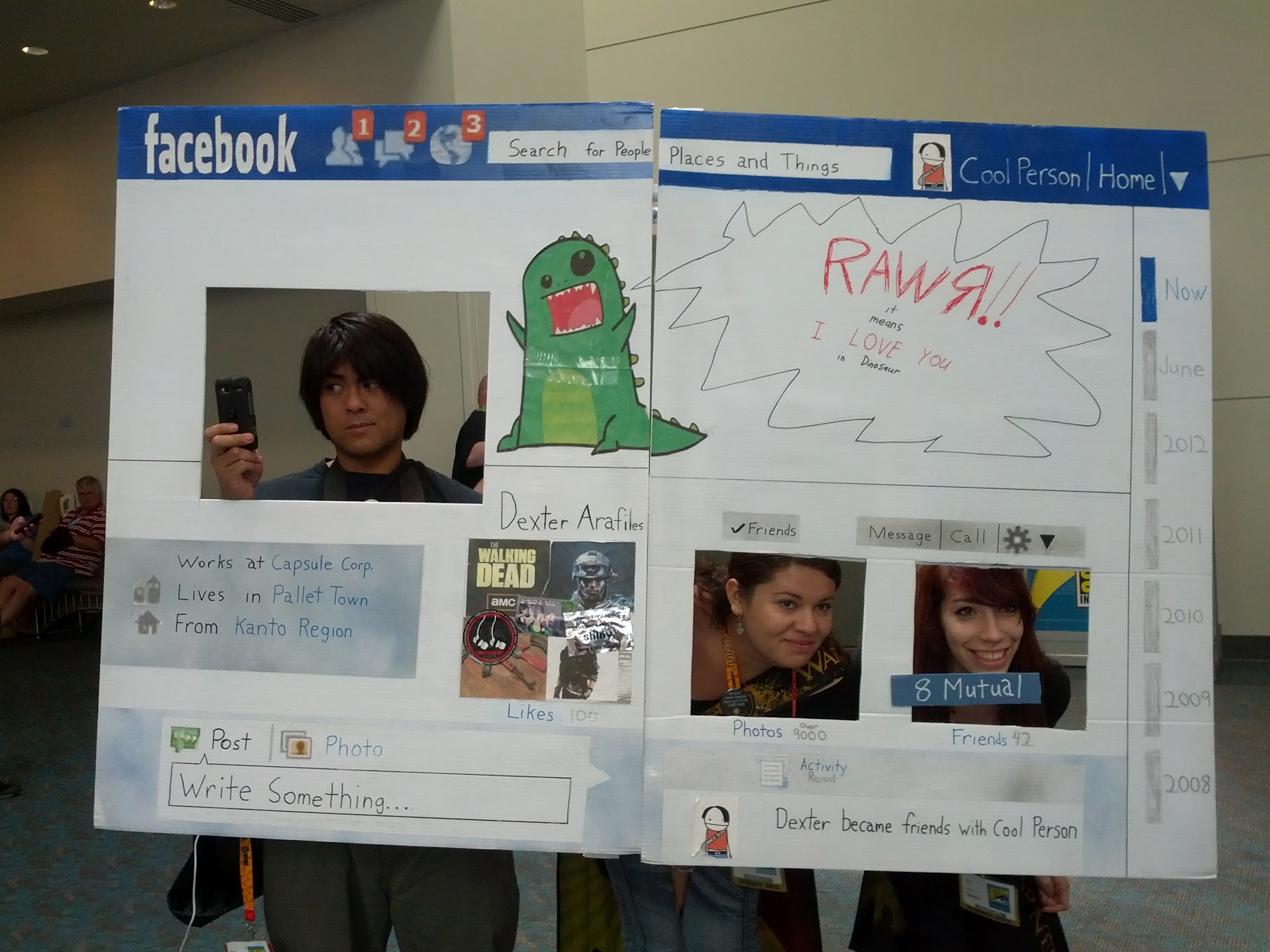
When is a phone camera enough?
That's the question I repeatedly asked while attending San Diego Comic-Con, which wrapped up about two weeks ago. Ian Lewis' "Let’s not blindly give every latest tech marketing prophet his profit", posted here Sunday afternoon, has me thinking about phone as camera again, in context of what's good enough.
A year ago, I took to Comic-Con the Fuji X100 to shoot photos and Sony HDR-TG1 camcorder for videos. I processed and uploaded content on a Mac laptop. But July 2012, I was a month into an Apple boycott over patent bullying. I still have the devices but now use the Samsung Series 5 550 Chromebook. It's plenty good enough for processing photos using cloud services to edit, but I wasn't too sure about videos and decided not even to bother. During Google I/O I shot video on Galaxy Nexus, uploading directly to YouTube. That worked out just fine.

Why I (still) fear Android
It's a BlackBerry Playbook fan's penance. After months spent swiping away the nightmares from my early Android tablet experiences (think Honeycomb 3.xx on Galaxy Tab 10.1), I find myself once again staring into the dark abyss that is Google's nascent mobile OS.
The occassion? An impromptu evaluation of the Acer Iconia Tab A200 as a potential low-cost computing solution for secondary education. My wife and I looked at possible post-PC alternatives for use in a new private high school we're funding on our home island of Mauritius. The hope was that such a tablet, coupled with a wired or wireless (the A200 has a full-sized USB port) keyboard/mouse combo, could serve double duty as both a library reference device and a thin client for hosting RDP sessions into a Windows terminal services environment (still gotta teach those kids Microsoft Office).

PC-era dinosaurs: Beware the BYOD Extinction Level Event
Ah! Life in paradise. As the literal incarnation of the mythical "guy who ran away to a tropical island", I've had the joy of returning to my once primary (and now mostly vacation) home in the United States only to discover all of the things that can go wrong with an empty house in the Florida heat (this time, it was a failed A/C compressor -- ugh!).
However, I've also had the opportunity to revisit many of my core IT beliefs from the perspective of a relative outsider living in the slower-paced world of coconuts, litches and 2Mbps ADSL connections. Basically, my geographic isolation has forced me to take the long view on new technology trends. Which is why I'm so excited about the potential of BYOD: I see the emergence of the Post-PC phenomenon as a truly disruptive force that will forever change how people view "computers".
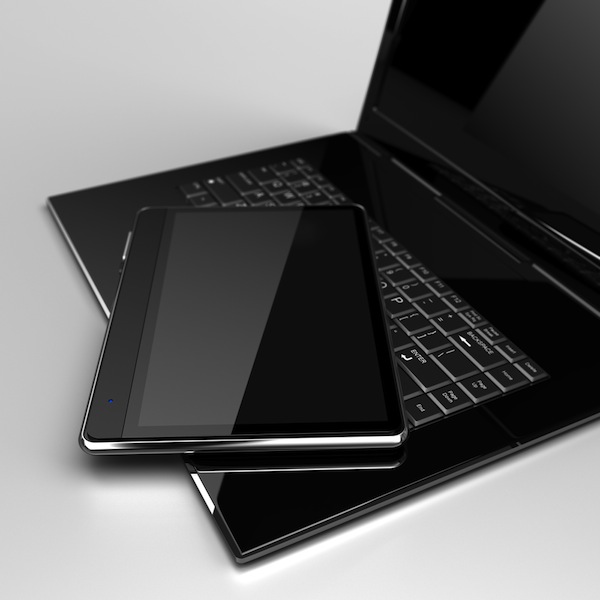
You can't do real work on a tablet
Whenever I think about tablets v. PCs, I remember a bold prediction of old: “Son, 10 years from now everyone will drive an electric car!” When was that, 20 years ago? We’ve all read something like that from someone believing to be clairvoyant.
I read similar articles almost every day where the writer plays the same old broken record: tablets are the death of PCs, or some other flamboyant thing that’s bound to get interest -- with the hope that the reader will agree with the author. It's like almost everyone is set on sending the PC down to the gates of Hell. But why should I agree with their assertions when I actually need a PC?

BYOD apocalypse deniers suffer from post-PC depression
It’s a form of denial. In my recent post on the Office team dissing Windows 8, I noted how the lack of full touch support in Office 2013 undermines Microsoft’s efforts to break into the Post-PC space. And while I expected some push back from the Redmond choir, I was surprised at how many readers seem to be having a hard time accepting the reality of the Post-PC phenomenon.
Simply put, the PC as a technology driver is dead. Yet some people -- most notably, IT professionals who fear the coming BYOD apocalypse -- are determined to prop-up the corpse, slap some lipstick on those rotting lips and pretend that it’s still 2009.
